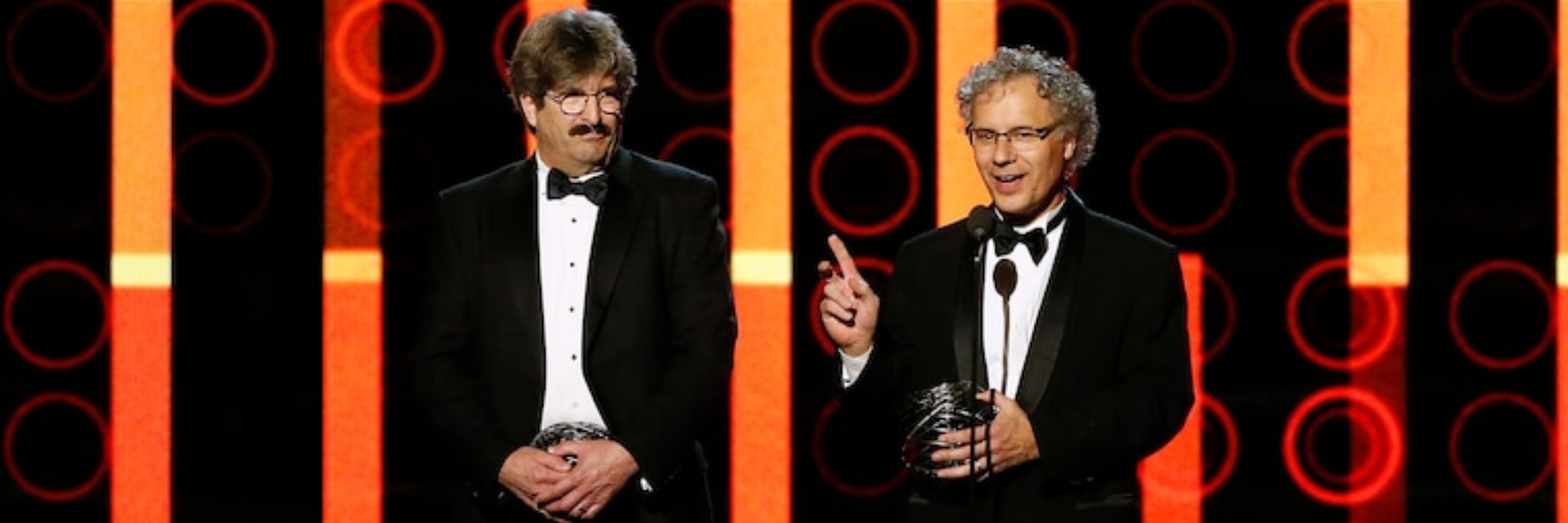Gary Ruvkun and Victor Ambros won the Nobel Prize 2024 in Medicine or Physiology
Two scientists are recognised with this year’s Nobel Prize 2024 in medicine for their discovery of a key idea regulating the regulation of gene activity.
The organization that gives awards announced on Monday, that researchers Victor Ambros and Gary Ruvkun, who discovered microRNA and its function in post-transcriptional gene control, had been awarded the Nobel Prize 2024 in Physiology or Medicine.
Gary Ruvkun and Victor Ambros gets $1.1 million prize money
The Karolinska Institute Medical University in Sweden’s Nobel Assembly chooses the winners in the field of medicine, and they are awarded a prize money of 11 million Swedish crowns, or $1.1 million. Gary Ruvkun and Victor Ambros discover the regulation of gene activity which plays a pivotal role in health care system
According to an official declaration, “Every cell has the exact same set of genes and instructions because every cell has the same chromosomes.” However, certain cell types—such as nerve and muscle cells—have distinctly different properties. How do these variations come about? Gene regulation, which enables each cell to choose only the pertinent instructions, holds the key to the solution. This ensures that only the correct genes are active in each type of cell.
What is a microRNA molecule?
MicroRNA, a new type of tiny RNA molecule, was discovered to be crucial for regulating gene expression. Their revolutionary discovery unveiled brand new concept in gene regulation that was vital for multicellular organisms, including humans.
More than a thousand microRNAs are coded for by the human genome. Their surprising finding unveiled a completely new aspect of gene control. It’s becoming evident that microRNAs are crucial in the development and functioning of organisms. Gary Ruvkun and Victor Ambros said microRNA molecule is most important molecule to regulates gene activity.
Through a process known as transcription, genetic information is transferred from DNA to messenger RNA (mRNA) and subsequently to the cellular machinery responsible for producing proteins. Proteins are produced there in accordance with the genetic instructions encoded in DNA through the translation of mRNAs. The workings of these systems have been elucidated since the mid-1900s by a number of the most important scientific findings.
All the cells in our organs and tissues contain the exact same genetic information stored in their DNA. However, these different cells still show unique protein expression patterns.
How can this be accomplished? The statement suggests that the key is to have the appropriate genes turned on in every specific cell type, and the answer lies in precise control of gene activation. The document went on to say that this allows muscle cells, intestinal cells, and various nerve cells to carry out their specific roles.
Furthermore, in order for cellular activities to be adjusted to changing conditions in our bodies and surroundings, gene activity must be continuously adjusted.
Serious illnesses including cancer, diabetes, and autoimmune disorders can result from improper gene regulation. For many years, therefore, it has been a major objective to comprehend how gene activity is regulated.
The first of the seven Nobel Prizes—possibly the most renowned awards in science, literature, and humanitarian work—is the medical prize this year. The other five will be announced in the coming days. Gary Ruvkun and Victor Ambros expressed that we highly obliged that we got this Nobel Prize 2024.






















